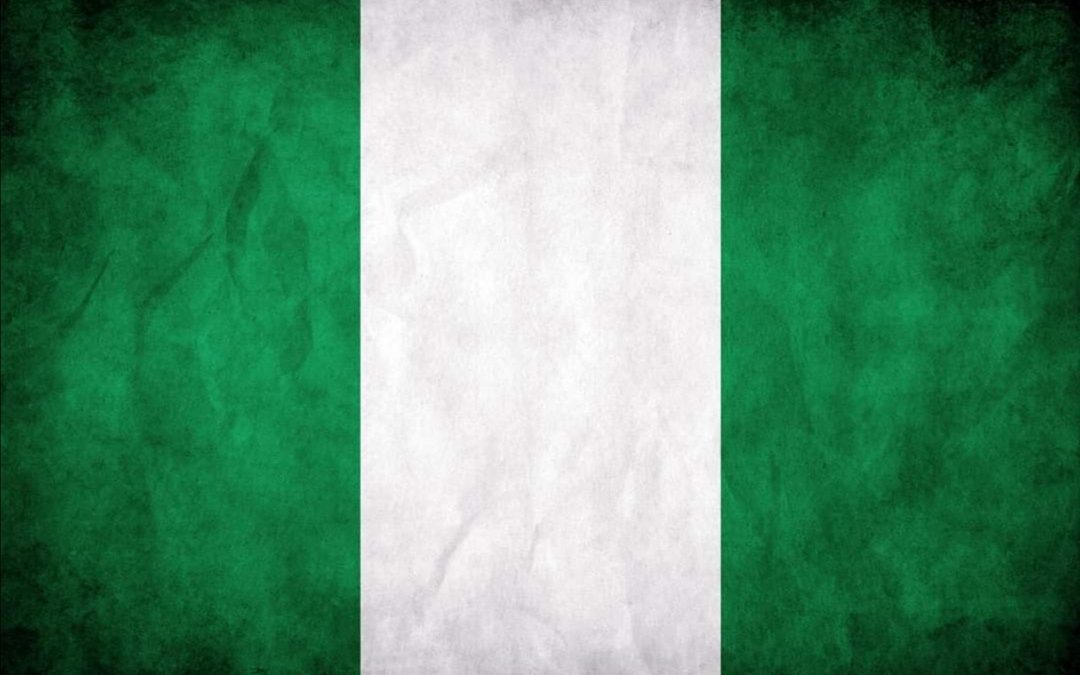-Patrick Osatohanmwen Oviasuyi
The conflict arising from godfatherism has become one of the greatest problems facing the Nigerian political system. The holder of the political position becomes a stooge to his godfather because he that pays the piper dictates the tune. By the time the godson refuses to meet their (godfather) demand, he is eventually impeached from political office.
In Nigeria fourth republic dispensation (1999 till date), the Saraki-Lawal face off, Nwobodo Nnamani quagmire, Adedibu Ladoja crisis, Uba-Ngige saga and all other godfathers crises in Nigeria do not only portray great danger to our democratic experiments, but also on the very essence and validity of our existence as a nation. The billions of naira expended by Nigerian godfathers for bankrolling the elections of their godsons have totally monetized elections in Nigeria which automatically disqualifies men of honour, character and integrity from holding elected public positions. The issue of godfatherism in Nigeria politics is as a result of societal decay, which has encroached into spheres of the Nigerian polity. It is therefore suggested that godfatherism should not be treated as a party affair, but should be offered political, social and legal treatment by the government and the stakeholders in Nigeria.
There has been a lot of crises in Nigerian politics and Administration–a crisis of confidence in our elected officials, a lost of faith in our democratic government and an increasing frustration at government, and more also, an increasing frustration at the irrelevance of individual’s vote in our political process. All these crises are crises caused by the unholy alliance of godfatherism (Ikejiani, 2006). This study is an appraisal of godfatherism in Nigerian politics and administration with reference to the problems which includes–creating a political process in which vested interest predominate, and the public interest is forgotten and influencing the outcome of public policies to the interest of few (godfathers) and to the detriment of the Nigerian populace. This study recommends that if godfatherism must be stamped out of our political and administrative systems, corruptive tendencies which increases the financial base of the godfathers by creating a wide range of problems in our politics and administration must be tackled head-on because they use such moneys to place their godsons and proteges in various positions of government. The study concluded that there is the need for an increased confidence in the duly elected officials and also increase faith in the democratization process. Electorates should be allowed to vote for their preferred candidates during elections without intimidation by political thugs who are part of the instruments of godfatherism.
Related posts
Global | Didi Angaye Earns A Distinction Award, Another Feather To The Cap
On a bright sunny day, in the month of July, 2024, the prestigious Staffordshire University located in the West Midlands of England organised its Award giving and Graduation ceremony to honour graduates of various educational programmes and courses which it offers. Didi Timipah Angaye,…
Olu Of Warri Bags Award In UK, Wife Advocates Return To Cultural Values
The Olu of Warri, Ogiame Atuwatse III, has received the Leadership and Community Development award at the 14th African Achievers Awards (AAA), which took place at the Parliament House, United Kingdom. The award was presented by a member of the House of Lords, London, Rt…
Brit Awards | Asake, Burna Boy And Other ‘New Cats’ Get Nominations
Nigerian singers Burna Boy, Asake, and Rema have been nominated for the 2024 Brit Awards. The nomination list for the annual music awards show was released on Wednesday 25, January 2024. Burna Boy and Asake made the ‘Best International Artiste’ category, while ‘Calm…
Brit Awards 2024 | The Full List Of Artist(e)s
This year’s Brits nominees have been revealed ahead of the ceremony in London in March. Dua Lipa is the first star confirmed to perform at the event – but how many awards is she up for? Musicians including Raye, Central Cee, J Hus and Blur are also…
Despite Increased Transfer Volume And Institutional Adoption, Bitcoin Stays Below $60K
Bitcoin’s price hovers around $59K as increased transfer volume indicates a stable demand among investors. CryptoQuant data indicates buyers are absorbing the panic selling pressure around the $57K price level. Bitwise’s latest report suggests that institutional investors are still buying Bitcoin despite the recent price…
Traders Focus On Meme Coins As Bitcoin, Ethereum And XRP Erase Recent Gains
Bitcoin, Ethereum and XRP dip under key support levels at $60,000, $2,600 and $0.60 respectively. Tron ecosystem’s meme launchpad SunPump generates over $1.1 million in revenue within twelve days of its launch. Tron network daily revenue reached a record high of $26.83 million on Tuesday,…
Top 10 Cryptocurrencies To Invest in January 2024
-Michael Adams From Bitcoin and Ethereum to Dogecoin and Tether, there are thousands of different cryptocurrencies, making it overwhelming when you’re first getting started in the world of crypto. To help you get your bearings, these are the top 10 cryptocurrencies based on their market…
The Risk And Reward Of ChatGPT In Cybersecurity
Juan is an experienced CTO with a demonstrated history of working in the computer and network security industry. He is an information technology professional skilled in SAP and Oracle applications, computer forensics, vulnerabilities research, IPS/IDS and information security. Unless you’ve been on a retreat in…











